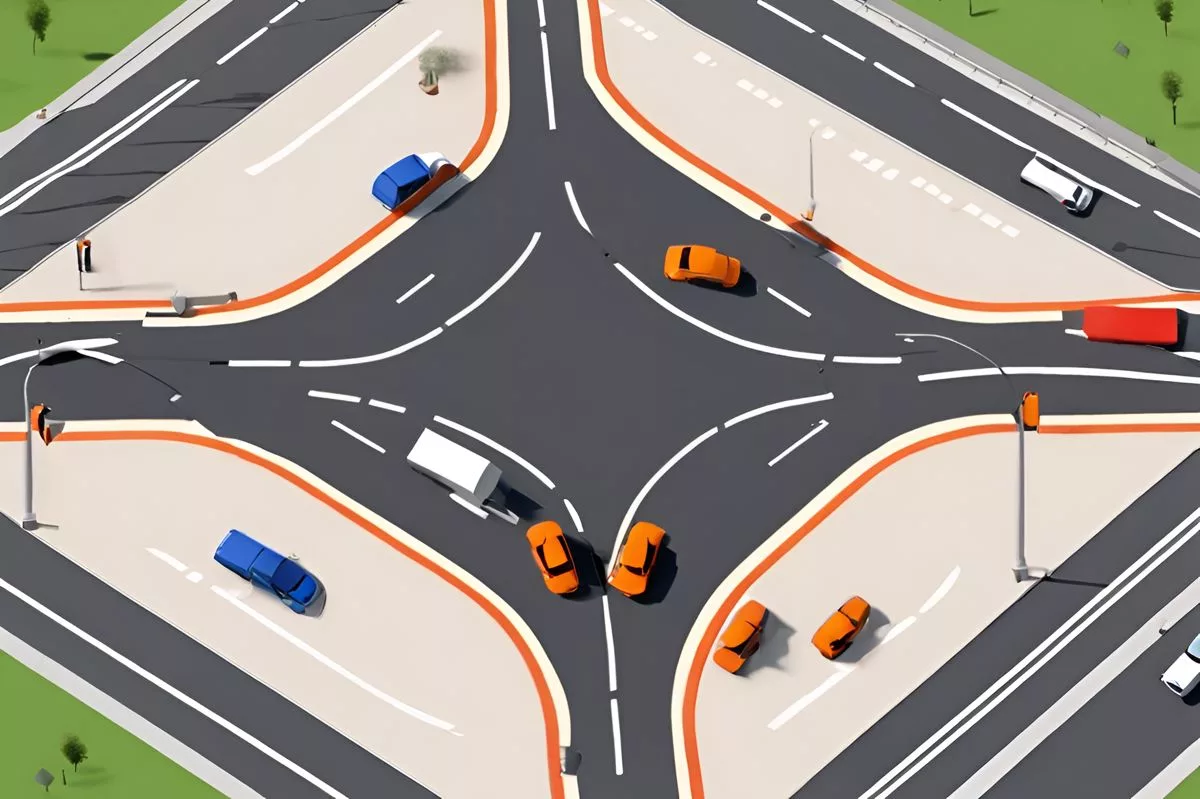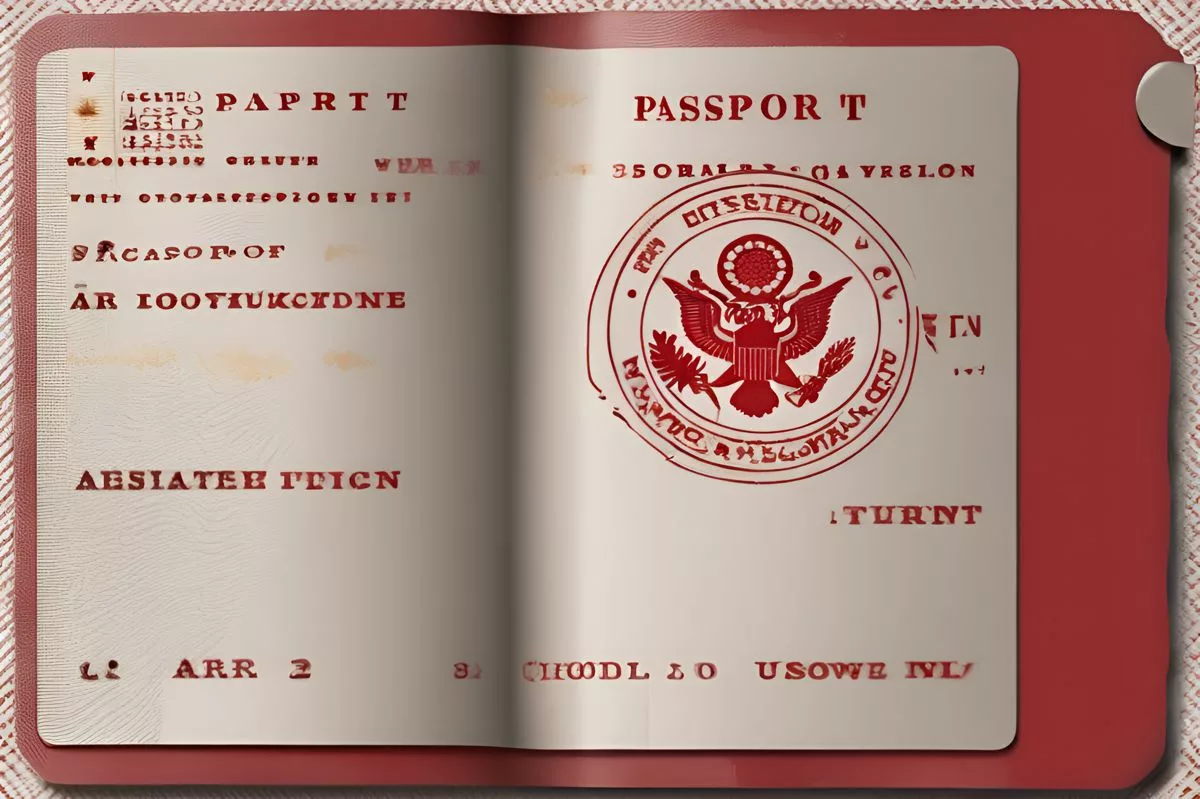South Africa’s Parliament has a dynamic weekly schedule of events, including committee meetings, Q&A sessions with the President, and discussions on human rights and bills. This week, the Parliament will focus on issues such as gender-based violence, property expropriation, and job creation. Through in-depth examinations of proposed bills and amendments, the Parliament is committed to upholding the democratic ethos of South Africa and working towards the nation’s progress.
What is the weekly schedule of South Africa’s Parliament?
South Africa’s Parliament operates dynamically with a diverse range of engagements, such as committee meetings and Q&A sessions with the President. The Parliament delves into human rights discussions, reviews committee reports, deliberates bills, and scrutinizes annual performance plans. The Parliament’s commitment towards shaping a better South Africa is evident in its weekly schedule of events.
A peek into the weekly operations of South Africa’s Parliament reveals a dynamic democratic mechanism in action. Commencing 19 March 2024, the planned schedule includes a diverse range of engagements, such as the President’s Q&A session along with several committee meetings.
Presidential Interactions and Human Rights Discussions
Beginning with Tuesday, the National Assembly (NA) is set to welcome President Cyril Ramaphosa for a session of oral questions and answers. This platform will allow Parliamentary members to engage directly with the President, providing an opportunity to question him about pertinent issues like increasing growth and employment opportunities in the agriculture sector via land reform. The focus will also be on the Presidential Employment Stimulus, a program that has successfully generated approximately 1.2 million jobs since its launch.
In addition to interrogating presidential strategies, the NA has organized a debate on Human Rights Day. This will serve as a platform to stimulate dialogue about the significance of human rights and their preservation within the South African framework.
Reviewing Committee Reports and Deliberating Bills
Simultaneously, the National Council of Provinces (NCOP) is due to scrutinize reports from the Joint Standing Committee concerning the financial management of Parliament. Moreover, the NCOP will also ponder upon key pieces of legislation, namely the National Council on Gender-based Violence Bill and the Expropriation Bill.
The National Council on Gender-based Violence Bill has proposed the establishment of a council focusing on gender-based violence and femicide. The precise objectives, duties, board appointments, and tenure of this council will be determined by this bill, addressing the critical issue of gender-based violence in South Africa.
The Expropriation Bill, on the other hand, aims to substitute the current Expropriation Act of 1975 with a constitutionally guided framework for state organs to follow during property expropriation. This bill also explores situations where uncompensated expropriation could align with public interests.
Ministerial Question-and-answer Sessions and Committee Meetings
Later in the week, the ministers in the economic cluster will take center stage in the NA for an oral Q&A session. This ministerial group comprises representatives from diverse sectors such as the Presidency for Electricity, Agriculture, Land Reform and Rural Development, among others.
Moreover, the Parliament’s agenda includes 19 committee meetings to be held throughout the week. A variety of pressing topics, including the Pension Funds Amendment Bill, Public Procurement Bill, and the SABC SOC Ltd Bill will be discussed in these meetings. These discussions will provide in-depth examination of suggested bills and amendments, fostering meaningful conversations and informed decision making.
Delving into Performance Plans and Finalizing the Week
The committees will also scrutinize Annual Performance Plans along with the National Small Enterprise Amendment Bill and the Municipal Demarcation Authority Bill. The objective of each session is to dissect these issues meticulously, enabling comprehensive comprehension and enlightened policy formulation.
As the week concludes, the Standing Committee on Finance will review the committee report on the Pension Funds Amendment Bill. This review aims at protecting the financial interests of South African citizens through a detailed analysis of the bill.
Democracy in Action: South Africa’s Parliamentary Commitment
This weekly schedule of events reaffirms the Parliament’s pledge to uphold the democratic ethos of South Africa. It showcases the determination and perseverance of Parliamentary members as they work towards the nation’s progress.
The vibrancy of South Africa’s democracy is mirrored in the Parliament’s schedule, demonstrating its dedication to enhance the quality of life and status of South Africans. This week’s multitude of discussions, debates, and decision-making sessions are indicative of the continuous effort to shape a better South Africa.
What are the main issues South Africa’s Parliament will focus on this week?
This week, South Africa’s Parliament will focus on issues such as gender-based violence, property expropriation, and job creation. There will be discussions on the Presidential Employment Stimulus program and the establishment of a council focusing on gender-based violence and femicide. The Parliament will also scrutinize the Expropriation Bill and review committee reports on financial management, annual performance plans, and bills such as the Pension Funds Amendment Bill and the Municipal Demarcation Authority Bill.
What engagements are included in South Africa’s Parliament’s weekly schedule?
South Africa’s Parliament has a dynamic weekly schedule of events, including committee meetings, Q&A sessions with the President, discussions on human rights and bills, and reviews of annual performance plans. The Parliament is committed to upholding the democratic ethos of South Africa and working towards the nation’s progress.
What is the focus of the Presidential Q&A session and the debate on Human Rights Day?
The Presidential Q&A session will provide an opportunity for Parliamentary members to question the President about pertinent issues such as increasing growth and employment opportunities in the agriculture sector via land reform and the Presidential Employment Stimulus program. The debate on Human Rights Day will stimulate dialogue about the significance of human rights and their preservation within the South African framework.
What bills will be discussed in the committee meetings?
The committee meetings will discuss a variety of pressing topics, including the Pension Funds Amendment Bill, Public Procurement Bill, SABC SOC Ltd Bill, National Council on Gender-based Violence Bill, and the Expropriation Bill. These discussions will provide in-depth examination of suggested bills and amendments, fostering meaningful conversations and informed decision making.
What is the Parliament’s commitment towards shaping a better South Africa?
The Parliament’s commitment towards shaping a better South Africa is evident in its weekly schedule of events. The Parliament operates dynamically with a diverse range of engagements, such as committee meetings and Q&A sessions with the President. The Parliament delves into human rights discussions, reviews committee reports, deliberates bills, and scrutinizes annual performance plans. The vibrancy of South Africa’s democracy is mirrored in the Parliament’s schedule, demonstrating its dedication to enhance the quality of life and status of South Africans.
What is the focus of the review on the Pension Funds Amendment Bill?
The Standing Committee on Finance will review the committee report on the Pension Funds Amendment Bill, which aims to protect the financial interests of South African citizens. The review will involve a detailed analysis of the bill to ensure that it aligns with the country’s financial policies and regulations.










